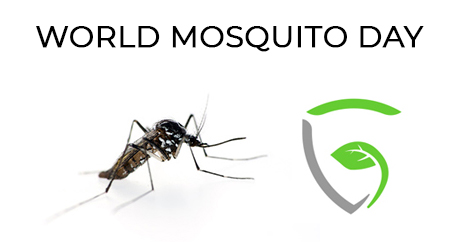

2025-08-20 Gallura Disinfestazioni posted:
Every year World Mosquito Day reminds us of the importance of an invisible yet crucial battle: against mosquitoes, vectors of diseases such as malaria, dengue, Zika, and West Nile virus. Celebrated on August 20, this day dates back to 1897, when Sir Ronald Ross discovered the malaria transmission cycle, laying the foundations for targeted public health interventions.
The occasion is named after the day Ronald Ross demonstrated that mosquitoes transmit malaria, which was August 20. Since then, many global health organizations have adopted this date to promote mosquito control interventions and inform communities about symptoms, prevention, and access to care.
Not all regions have the same resources to fight mosquitoes. Mosquito-borne diseases primarily affect developing countries but also enter urban areas worldwide. Challenges include insecticide resistance, climate change lengthening mosquito seasons, and difficulties in implementing sustainable large-scale interventions.
Many communities have implemented eco-sustainable management programs: reducing standing water, introducing natural predators, and health education campaigns that have led to significant reductions in clinical cases. Every small intervention, if repeated and coordinated, helps create a protective network for vulnerable populations.
The mosquito is considered the deadliest animal in the world due to the diseases it transmits, such as malaria, dengue, and others. It is estimated to cause hundreds of thousands of deaths each year, surpassing casualties from animals like snakes, lions, and sharks. World Mosquito Day reminds us that the fight against mosquitoes is a shared responsibility among individuals, communities, and governments. Getting informed, preventing, and supporting research are concrete steps to protect everyone’s health.
How much it cost?